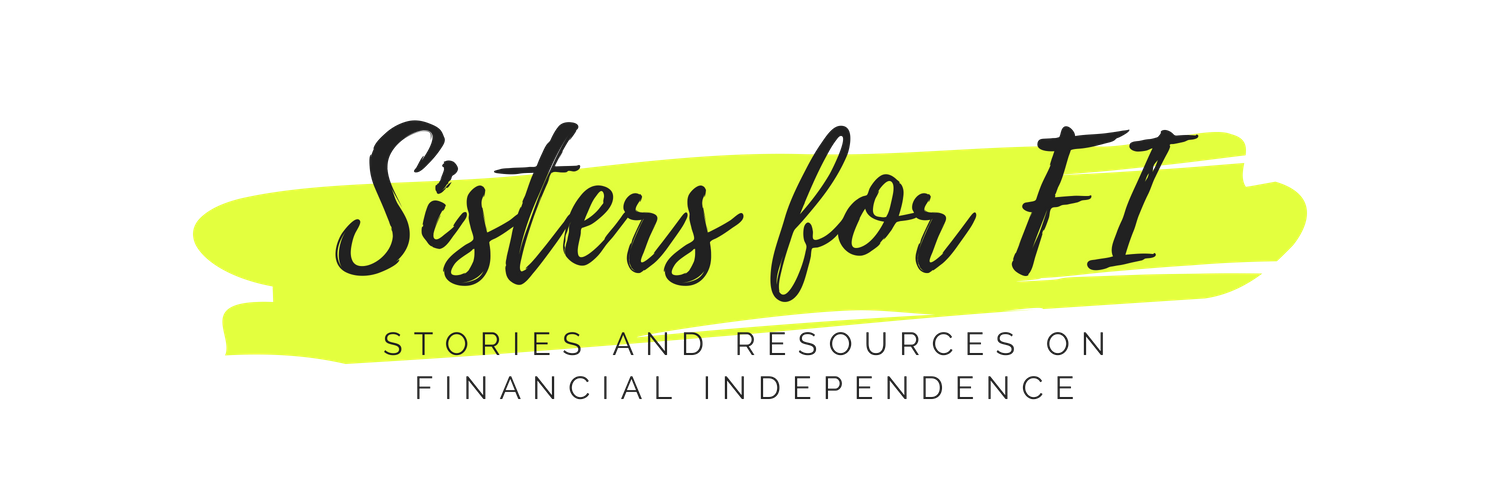How to build an LGBT-friendly investment portfolio?
Earlier this week, we celebrate National Coming Out Day or NCOD. National Coming Out Day is an annual LGBT awareness day that celebrates and supports individuals who publicly identify as lesbian, gay, bisexual, transgender, and queer. While you may only be familiar with Pride month, which occurs in June, NCOD isn’t new. NCOD has been celebrated for over 30 years, as it is the anniversary of the National March on Washington for Lesbian and Gay Rights which occurred in October of 1979 (Loc.gov). Many use this day as a way to share their coming out stories, support others who may keep their identity a secret, or celebrate those who are now sharing their gender identities and sexual orientation. Coming out can be difficult and is a constant process. Living your truth is an on-going revelation, as individuals can come out publicly to friends, family, colleagues, and strangers. Your identity has an obvious impact on your relationships, but it can also affect other aspects of your lives, like your job or career, and your finances.
So whether you are part of the LGBTQ+ community, or are an ally, how can we build a more LGBT-friendly investment portfolio?
First, we can begin to understand Socially Responsible Investing (SRI) and Environmental, Social, and Corporate Governance (ESG) Investing. “Socially responsible investing (SRI) entails screening investments to exclude businesses that conflict with the investor's values,” while ESG “focuses on companies making an active effort to either limit their negative societal impact or deliver benefits to society (or both)” (Kiplinger). You may recognize these terms as part of our Wednesday series on Impact Investing on Instagram (@sistersforfi).
Research Companies
Corporate Equality Index: The Human Rights Campaign’s Corporate Equality Index or CEI is the “national benchmarking tool on corporate policies, practices and benefits pertinent to lesbian, gay, bisexual, transgender and queer employees.” Data from the CEI shows ever-growing workplace inclusion and what policies are being practiced in an effort towards employee equality. The 2021 CEI reports over 1,000 companies that have participated in its most recent survey. It not only looks at sexual orientations and gender identity in nondiscrimination policies, but it also looks at domestic partner benefits, transgender-inclusive benefits, employee resource groups or diversity councils, and more.
You can research companies through indices, read up on equality in the workplace reports, and more. Nerdwallet also offers other insight on reports regarding LGBT investing, check them out here.
Learn from Others (via Word of Mouth and Company Reviews)
Surely, companies can report all they want about their policies, but are they being successfully practiced? Your friends at so-and-so company may know best. They may have positive experiences sharing their identity with their coworkers or finding benefits that fit their lifestyle, or they can be having an HR nightmare and feel uncomfortable at work. You can also browse websites like Glassdoor, where former employees can leave anonymous reviews of the company. In some cases, you may find reviews of people's experiences that may have been positively or negatively affected by the company’s policies.
Does your office celebrate Pride month? Are the company’s health insurance plans, or family planning options, suitable for your lifestyle? Are they support groups or programming for different communities? Is there LGBT leadership? Do coworkers share their pronouns? These are just examples of what could be revealed in a company’s culture.
Understand that not all Companies are Created Equal
Just because a company ranks high in terms of social and LGBT-ratings, doesn’t mean it may fulfill your other socially responsible criteria. Your take on socially responsible investing could encompass the environment, sustainability, and social justice, or maybe it leans towards one subject more than the other. Some larger companies may be making strides in terms of their diversity and inclusion efforts in the workplace, but may have a bad reputation when it comes to environmental justice. There’s no one way you can begin to responsibly invest, but you can take a better look at what values you want to stick with. There’s no such thing as a perfect investor.
Find a Financial Planner
Like many professions, you can find a professional who offers specialized services or understanding. In this case, you can find a financial advisor who specializes in LGBT issues who help you on your financial journey. By having someone that understands your identity, your advisor can make recommendations that better fit your needs. “Look for one with the Accredited Domestic Partnership Advisors designation from the College for Financial Planning. These advisors must complete coursework and pass a test on LGBT-related issues, including wealth transfers, taxes and end-of-life needs for domestic partners” (Nerdwallet). When heteronormative values are commonplace, the concerns that LGBT individuals may face may be overlooked, so it’s important to have someone that can offer and understand one’s needs.
While this is not an exhaustive means of building an LGBT-friendly portfolio, hopefully this can provide some insight on how we can begin thinking about our portfolio beyond that of just returns. How does it affect others? Am I supporting companies that have LGBTQ+ inclusive policies and practices?
If this kind of investing resonates with you, check out our Sustainable Investing Primer.
If you are new to investing, check out our Investing 101 Primer, then check out our self-paced course Investing 101 for First Generation Wealth Builders.
Photo by Joel Muniz on Unsplash







